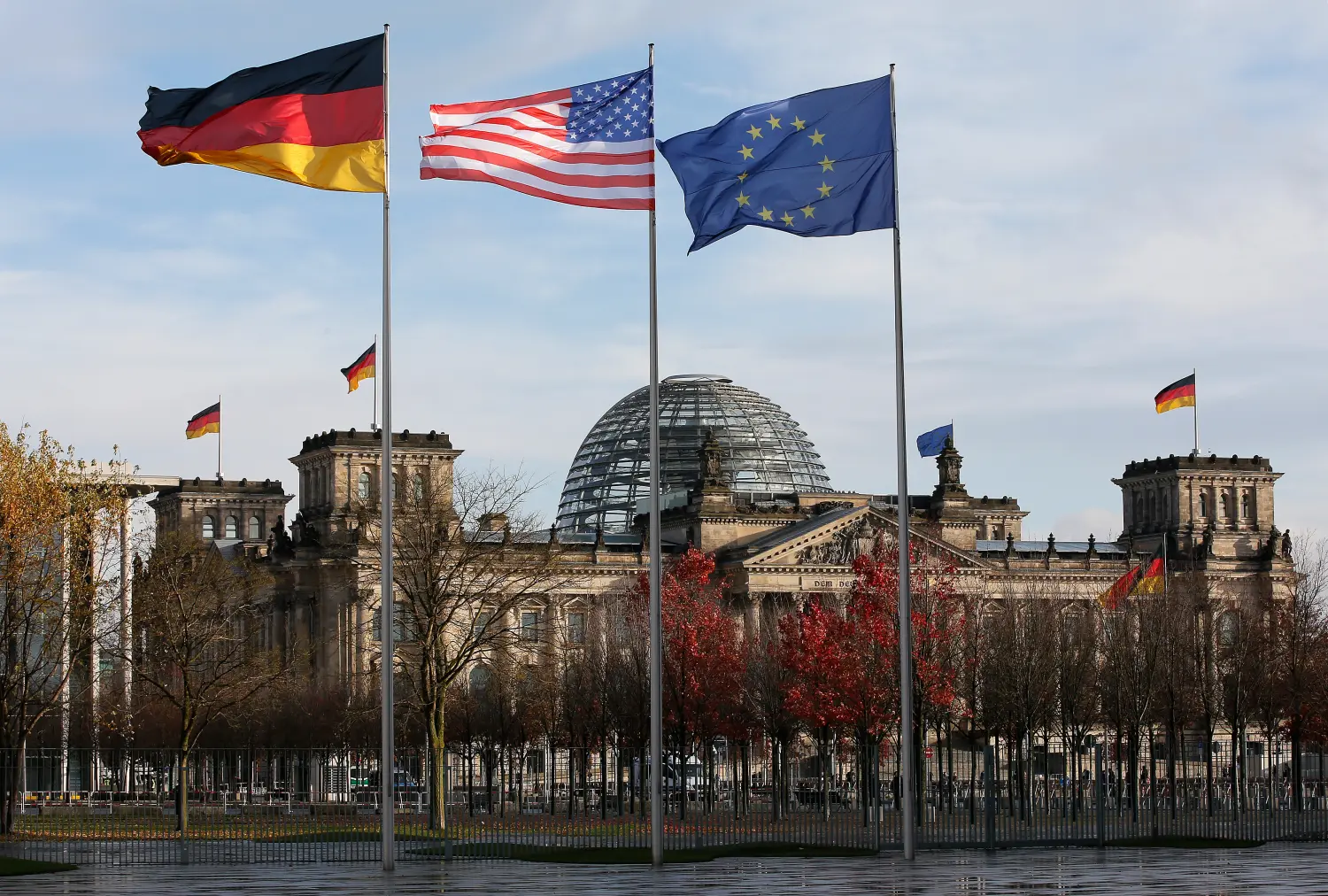The visit of Italy’s President Giorgio Napolitano to Washington this week takes place at a time of overall stability in U.S.-Italian relations. Cooperation between Rome and Washington on issues ranging from trade to counter-terrorism has remained strong after the new U.S. administration assumed office in 2009. Those who predicted an almost inevitable clash of personalities or even ideologies between Prime Minister Silvio Berlusconi and President Barack Obama have been mostly disappointed. Certainly, the two leaders are very different and there have been some diplomatic gaffes. Soon after the elections, Berlusconi sent Obama his very personal wishes, congratulating him for, among other things, his handsomeness and “suntan” – a remark that the international press immediately labeled as racist. Pictures of Berlusconi throwing up his hands in an expression of delight when greeted by a sleeve-less First Lady at the G-20 Summit in Pittsburgh last September, reverberated around the world in a similar manner, giving the media another opportunity to comment on Berlusconi’s peculiar interpretation of diplomatic etiquette.
Despite these incidents, Obama’s realpolitik has enabled him to focus in a pragmatic fashion on what Italy can contribute to America’s new policies rather than on the sometimes unconventional habits of Italy’s leaders. Rome promptly responded to Obama’s Afghanistan appeal with its own surge of close to 1,000 troops; demonstrated greater generosity than other European countries in accepting detainees from Guantanamo; and endorsed FIAT’s bailout of Chrysler at perhaps the most vulnerable point in the new U.S. administration’s tenure last summer. In light of these and other actions, President Obama has sufficient reason to consider Italy as a valuable ally.
This has created a curious situation. While the mood in several European capitals is one of disappointment with an American administration that has mainly concentrated its attention on domestic or extra-European issues, the feeling in Rome is closer to satisfaction. Italy, like other European countries, has struggled to get U.S. attention, but Rome has perhaps had fewer disappointments than London, Madrid, or Central and Eastern European capitals. As a fan of former President Bush and one of the very few European leaders to support John McCain in the 2008 presidential race, the Italian Prime Minister could hardly have hoped for more from his relationship with Washington. At a time of extreme polarization in Italian politics and growing criticism of his leadership (which has created an ever larger group of critics in Europe at large as well as in Italy), Berlusconi has at least neutralized the additional challenge that would have come from a “cold” or even antagonistic U.S. administration. On occasion, thanks to his prompt alignment with new U.S. policies, Berlusconi has even been able to present himself and Italy as among the new U.S. administration’s closest allies in Europe. U.S. During a recent trip to Rome, Assistant Attorney General Lanny Breuer offered remarks on the dangers of limiting wiretapping as a tool for investigations (a measure the Italian Parliament is passing, in part, to assuage Berlusconi’s own private judicial concerns). Breuer’s remarks were not received well by the Italian Prime Minister and his coalition. Nevertheless, for now, this has been a fairly isolated case of interference (later smoothed over by additional statements by the U.S. Embassy) and has not signaled any reversal in the overall cordial and stable U.S.-Italian relationship.
The Brookings Institution is committed to quality, independence, and impact.
We are supported by a diverse array of funders. In line with our values and policies, each Brookings publication represents the sole views of its author(s).



